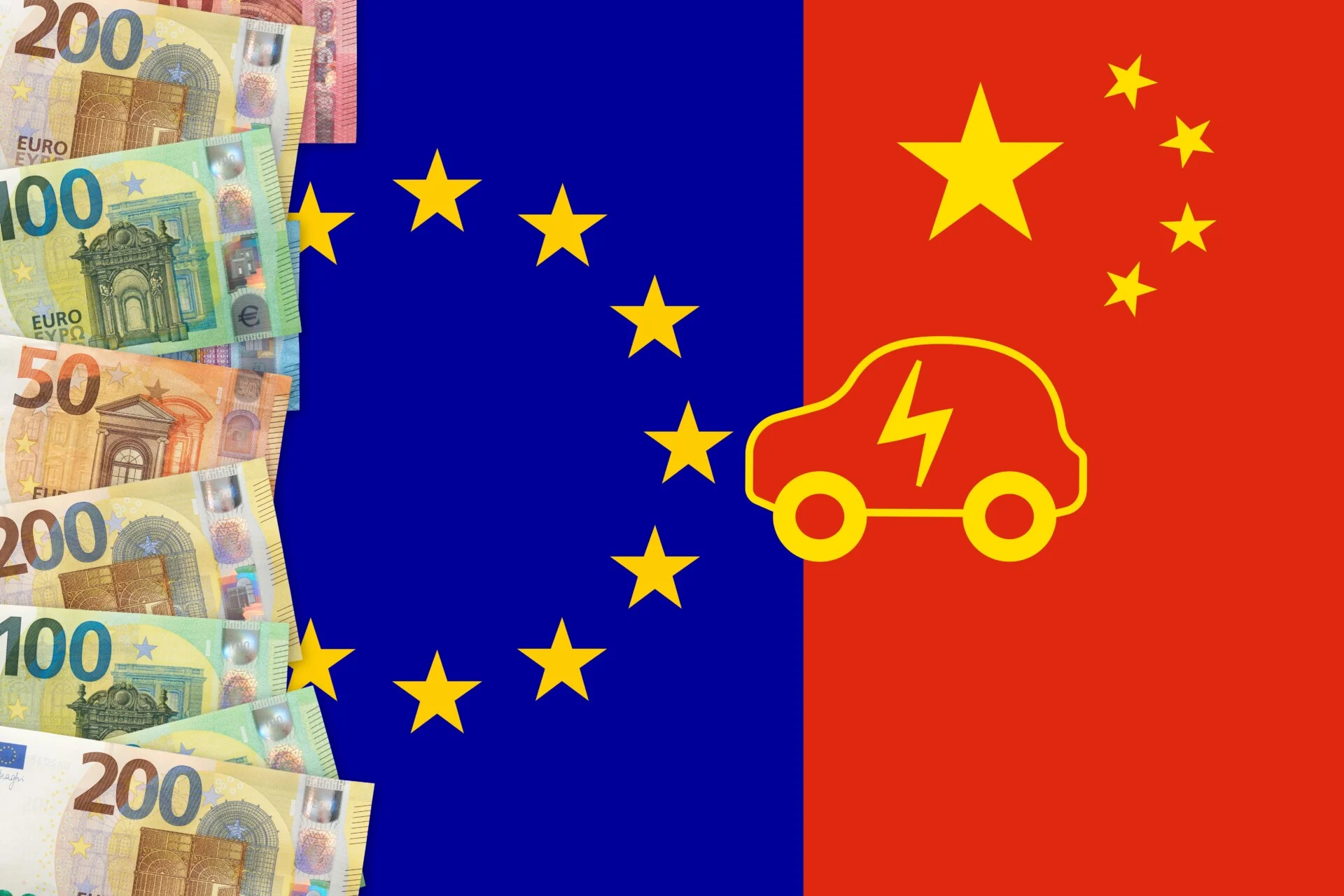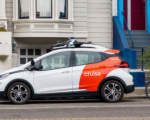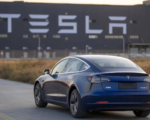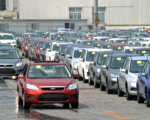EU Tariffs Unlikely to Deter Chinese EV Makers from Expanding in Europe

Despite the European Union’s new tariffs on Chinese electric vehicles (EVs), Chinese automakers remain well-positioned to expand in the European market. Recent revisions have slightly reduced the tariffs, with BYD seeing a cut to 17% from 17.4%, Geely to 19.3% from 19.9%, and SAIC from 37.6% to 36.3%.
Research by Rhodium suggests that tariffs would need to be as high as 50% to make Europe unattractive to Chinese EV exporters, and potentially even higher for vertically integrated manufacturers like BYD. At their current levels, these tariffs will not significantly hinder Chinese EV manufacturers from entering the European market. Joseph McCabe, president and CEO of AutoForecast Solutions, noted that while the tariffs introduce hurdles, they do not act as barriers, given the strong interconnections between European and Chinese original equipment manufacturers (OEMs).
In contrast to the EU, North America has taken a more aggressive stance, with the U.S. imposing a 100% tariff on Chinese EVs, followed by a similar move from Canada. McCabe highlighted that the EU is attempting to balance promoting domestic production without severely impacting its interconnected Chinese operations.
Chinese automakers, particularly BYD, are also targeting the European market with competitively priced models. In May, BYD announced its Dolphin model, priced at under $21,550—significantly cheaper than Tesla’s China-imported Model 3, which faces a 9% tariff and sells for $44,480 in the UK. Even with the EU’s 17% tariff, the Dolphin remains about $23,270 cheaper than Tesla’s Model 3.
To compete, Volkswagen plans to release a low-cost electric vehicle priced similarly to BYD’s offerings by 2027. However, McCabe noted that new, innovative EV players are often valued more for their potential than short-term financial performance, which is the focus for legacy manufacturers like Volkswagen.
William Ma, CIO of GROW Investment Group, pointed out that tariffs would need to rise to 300% to significantly impact Chinese EV makers, which is unlikely. The risk of retaliatory tariffs from China also complicates the EU’s approach, especially given ongoing tensions over perceived unfair subsidies for Chinese EV manufacturers.
Ma suggested that geopolitical factors and sanctions could persist for another year or two, making the situation difficult to resolve in the short term.




















